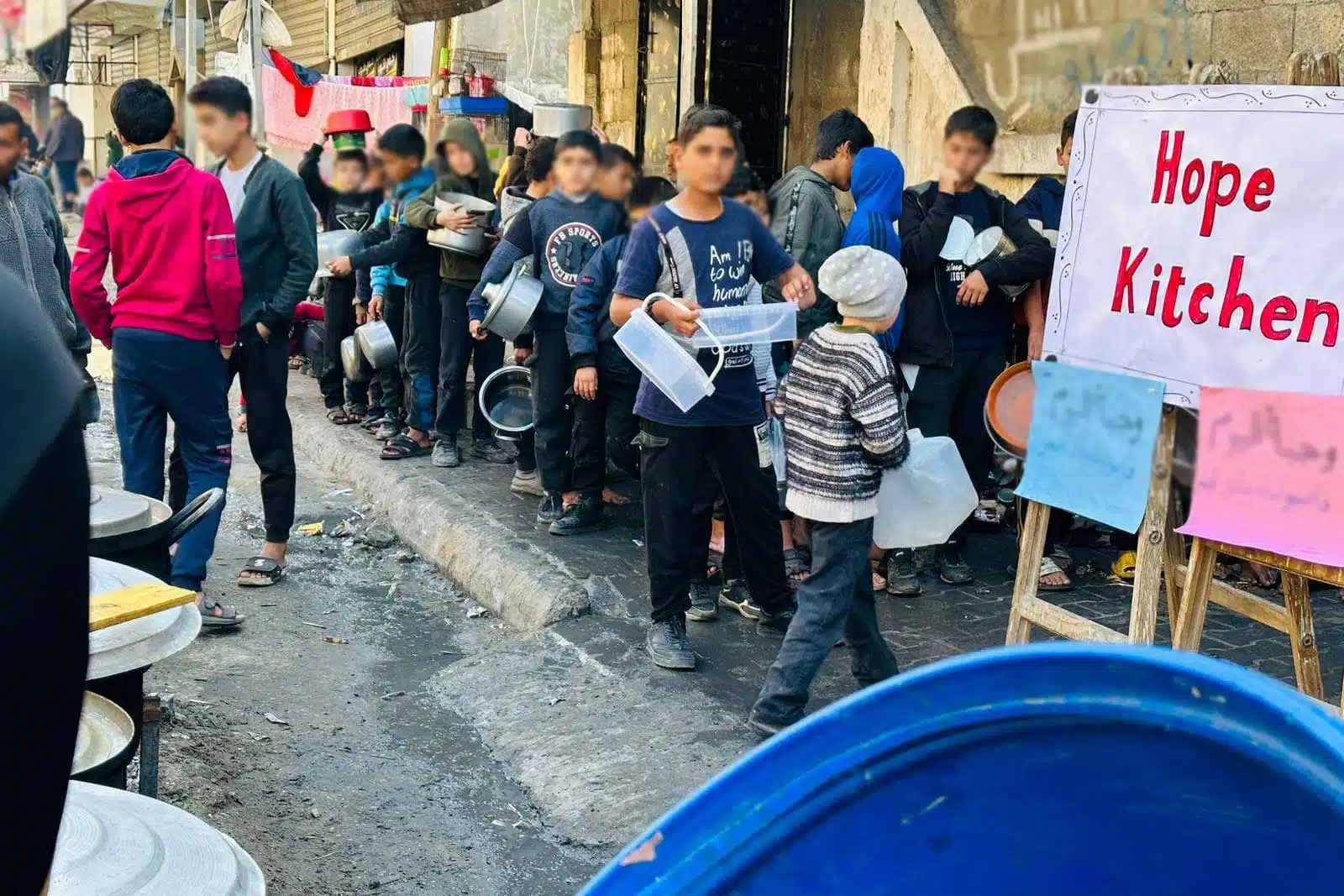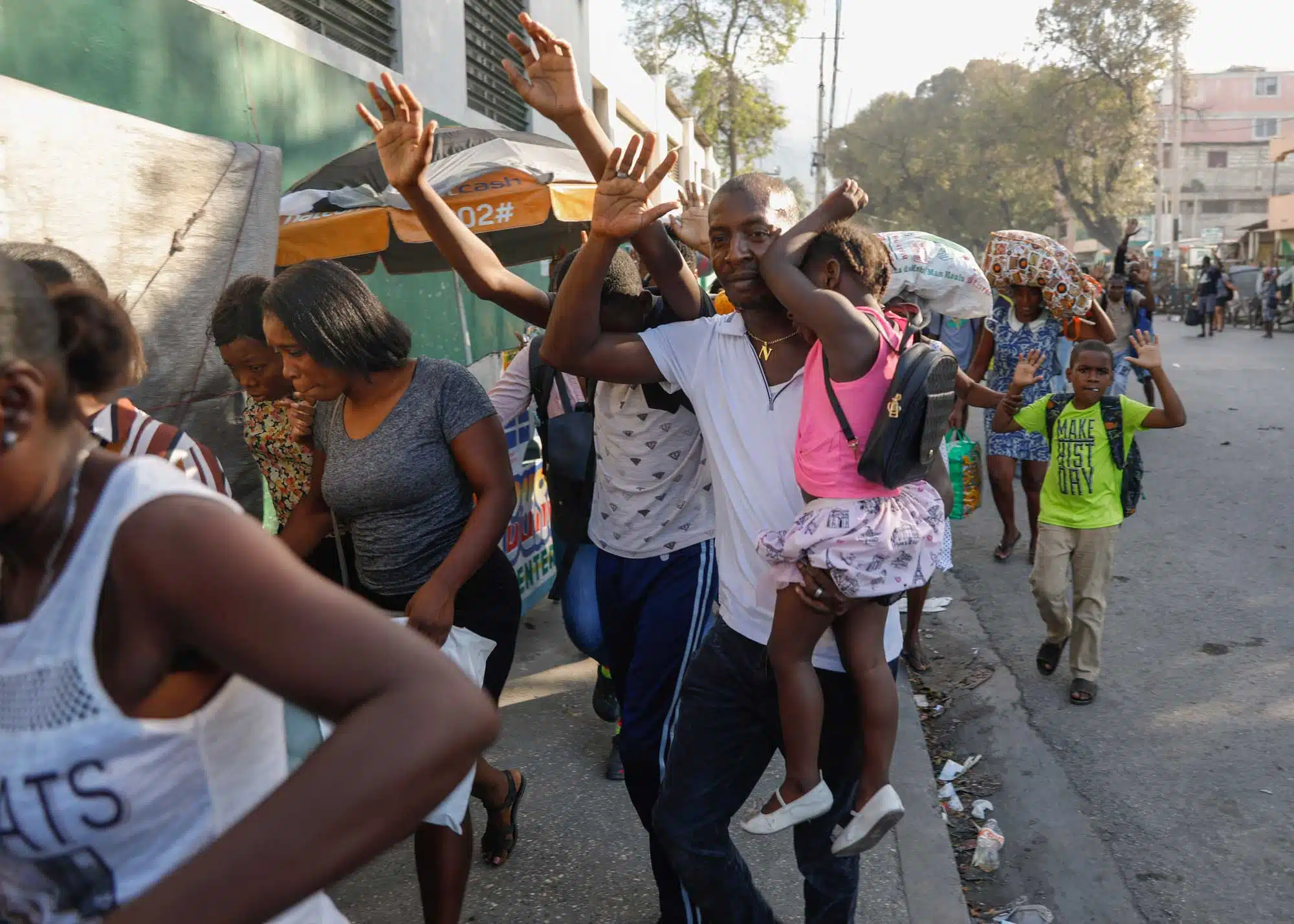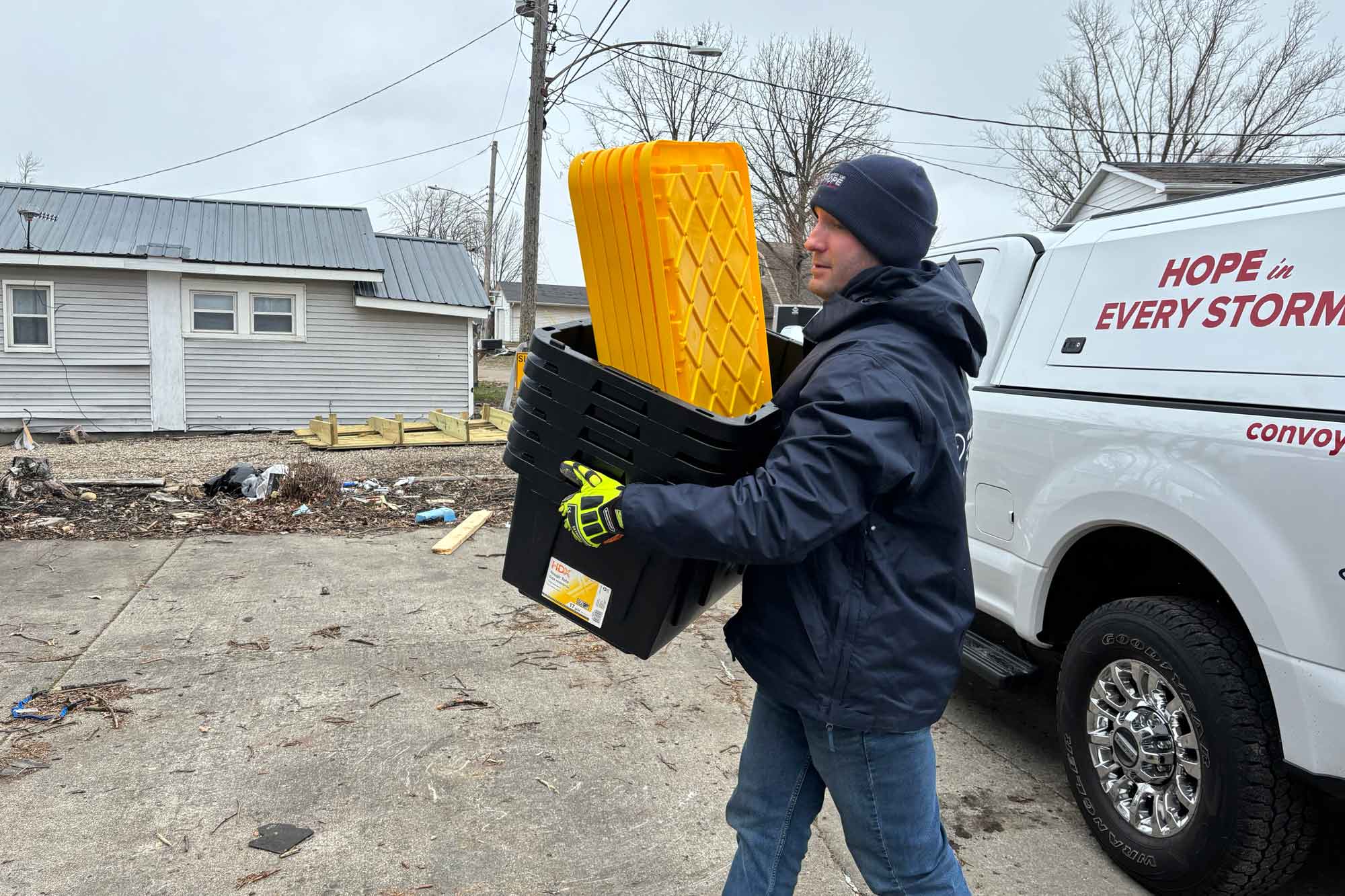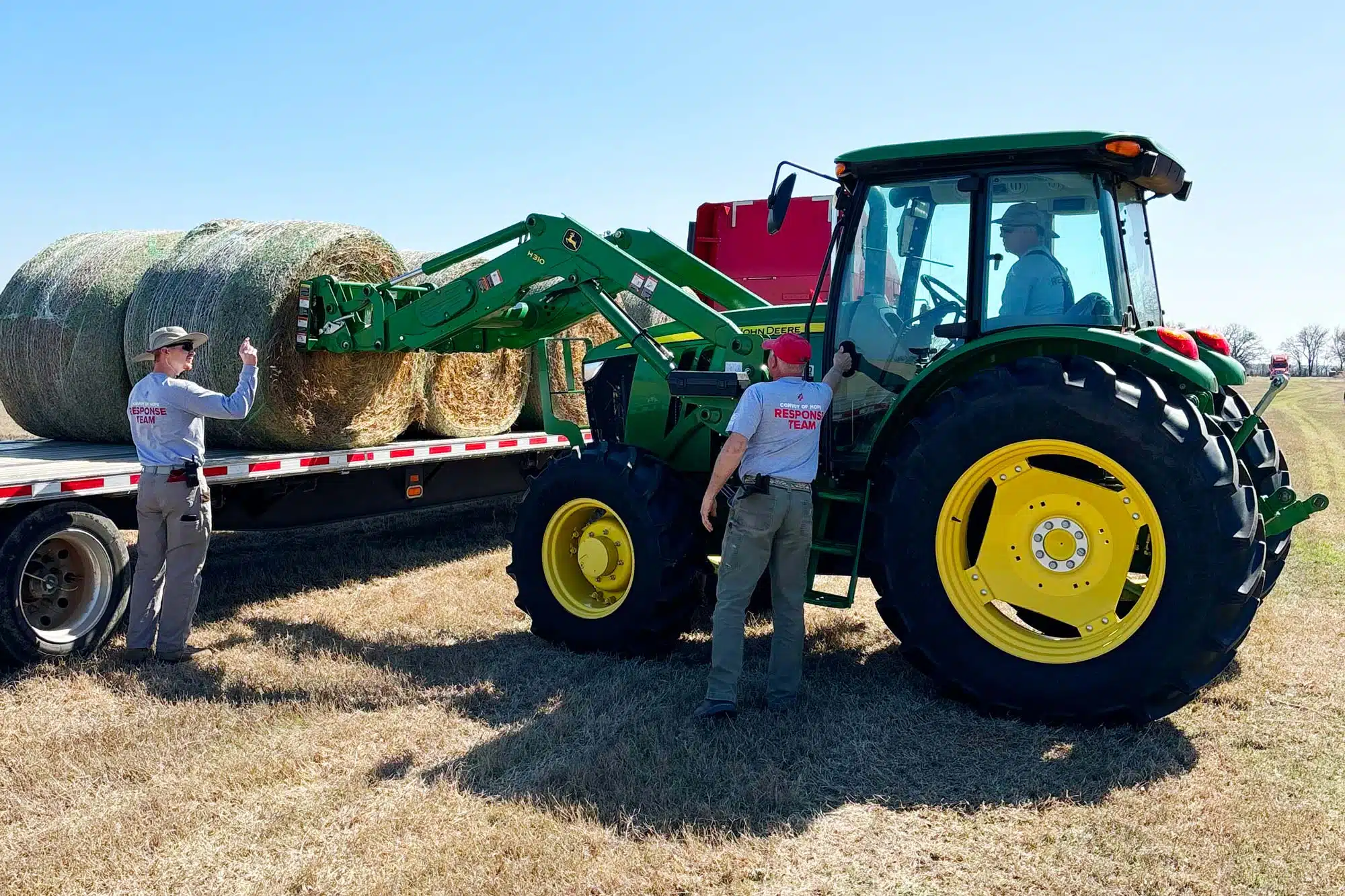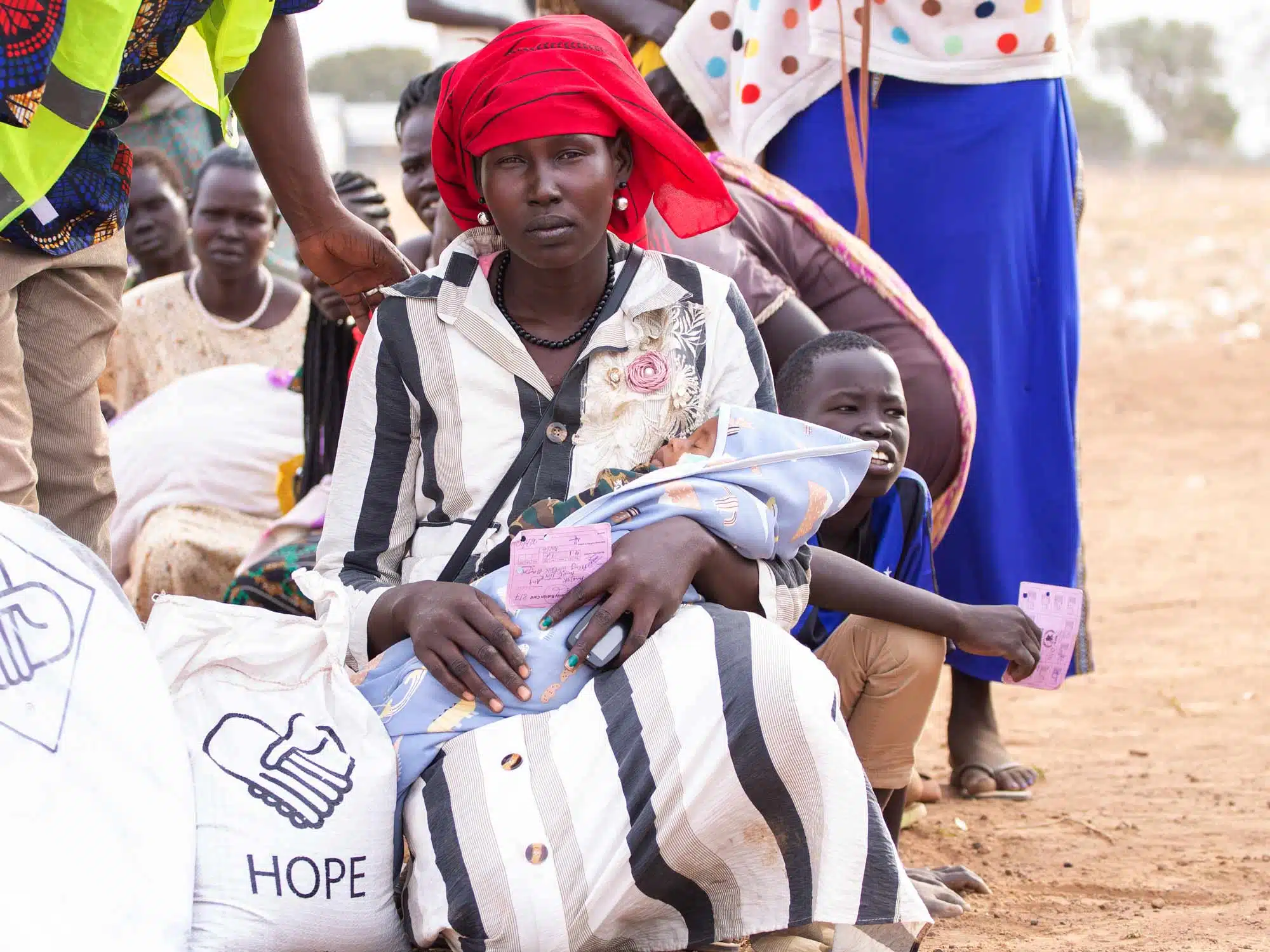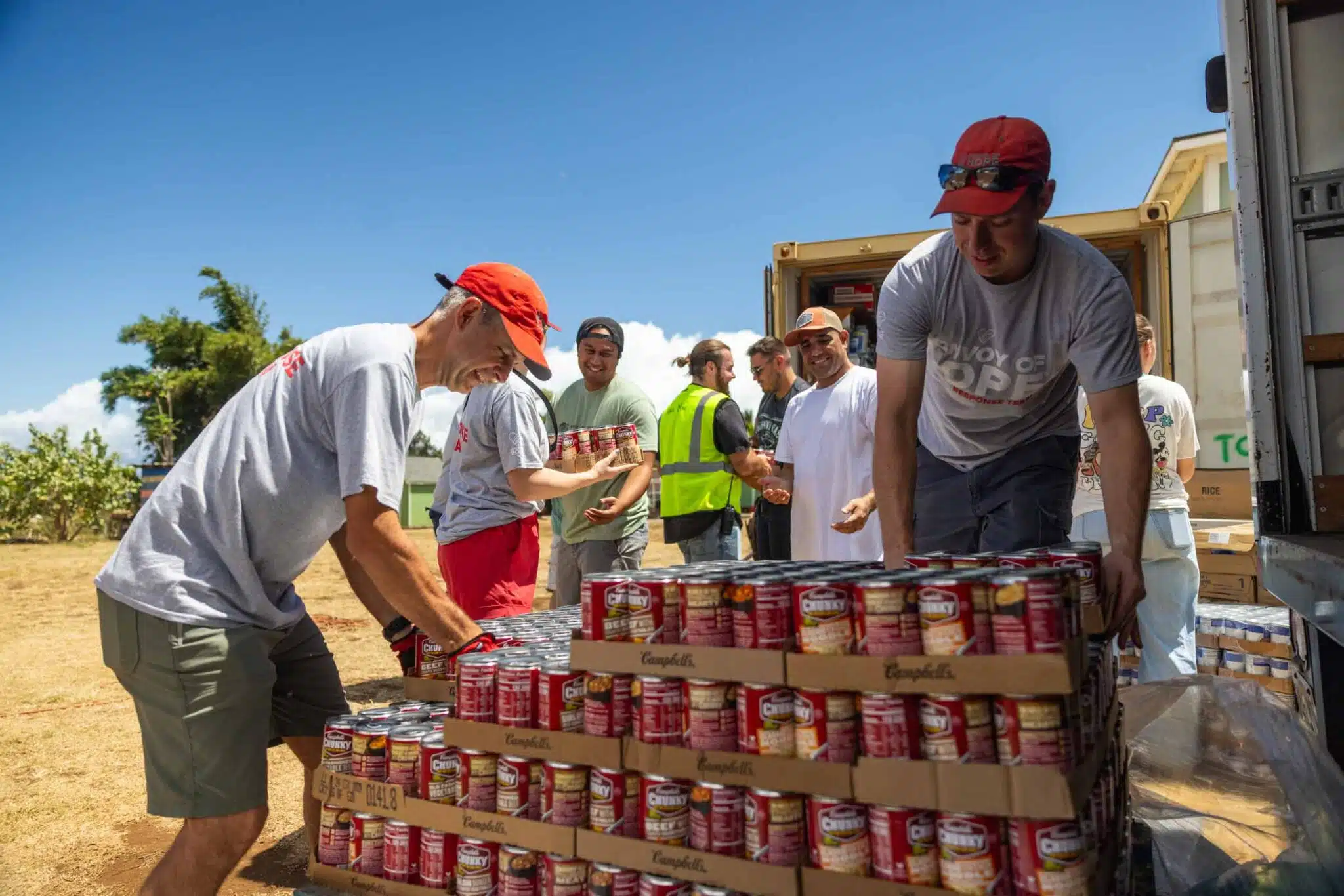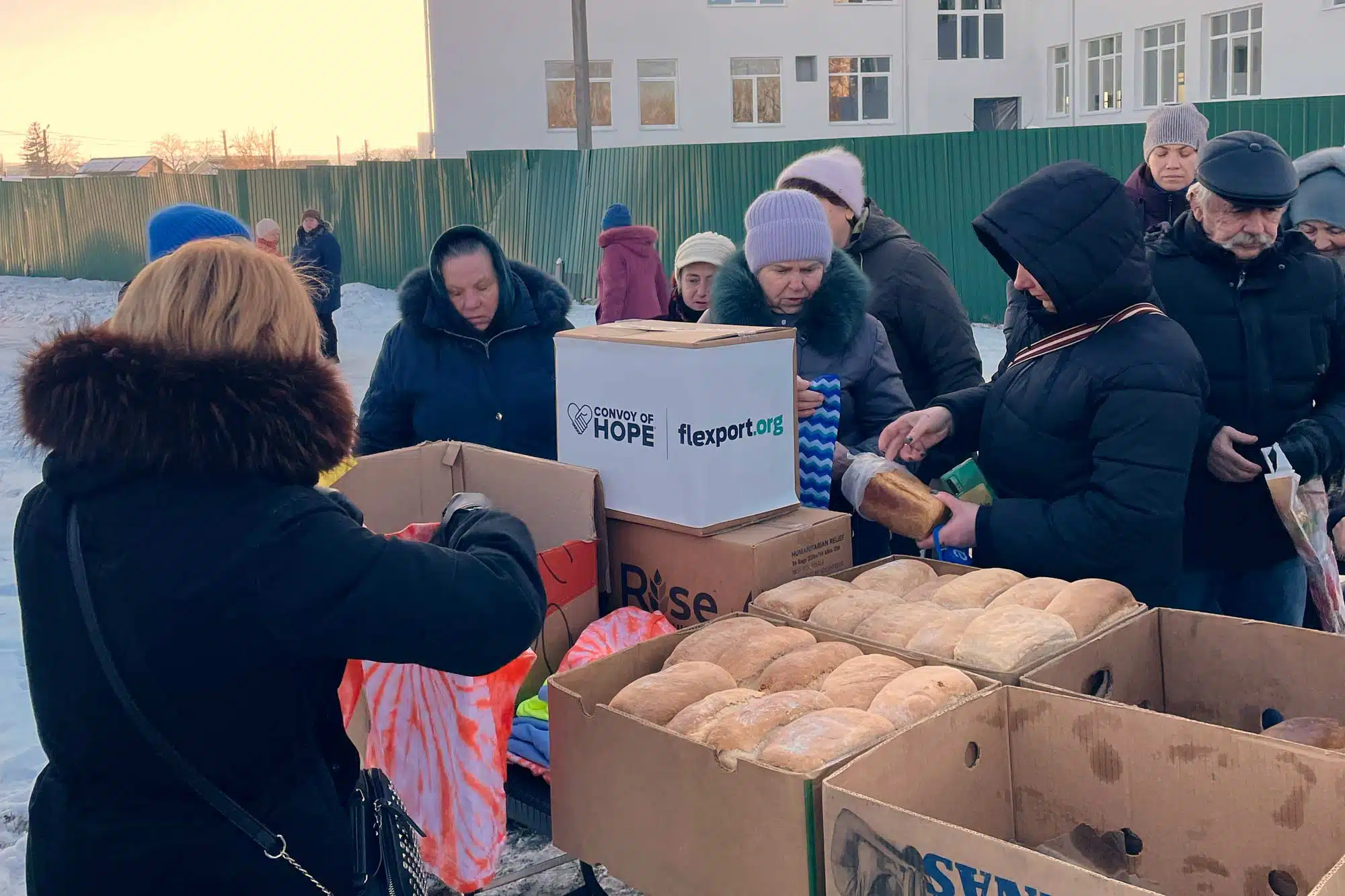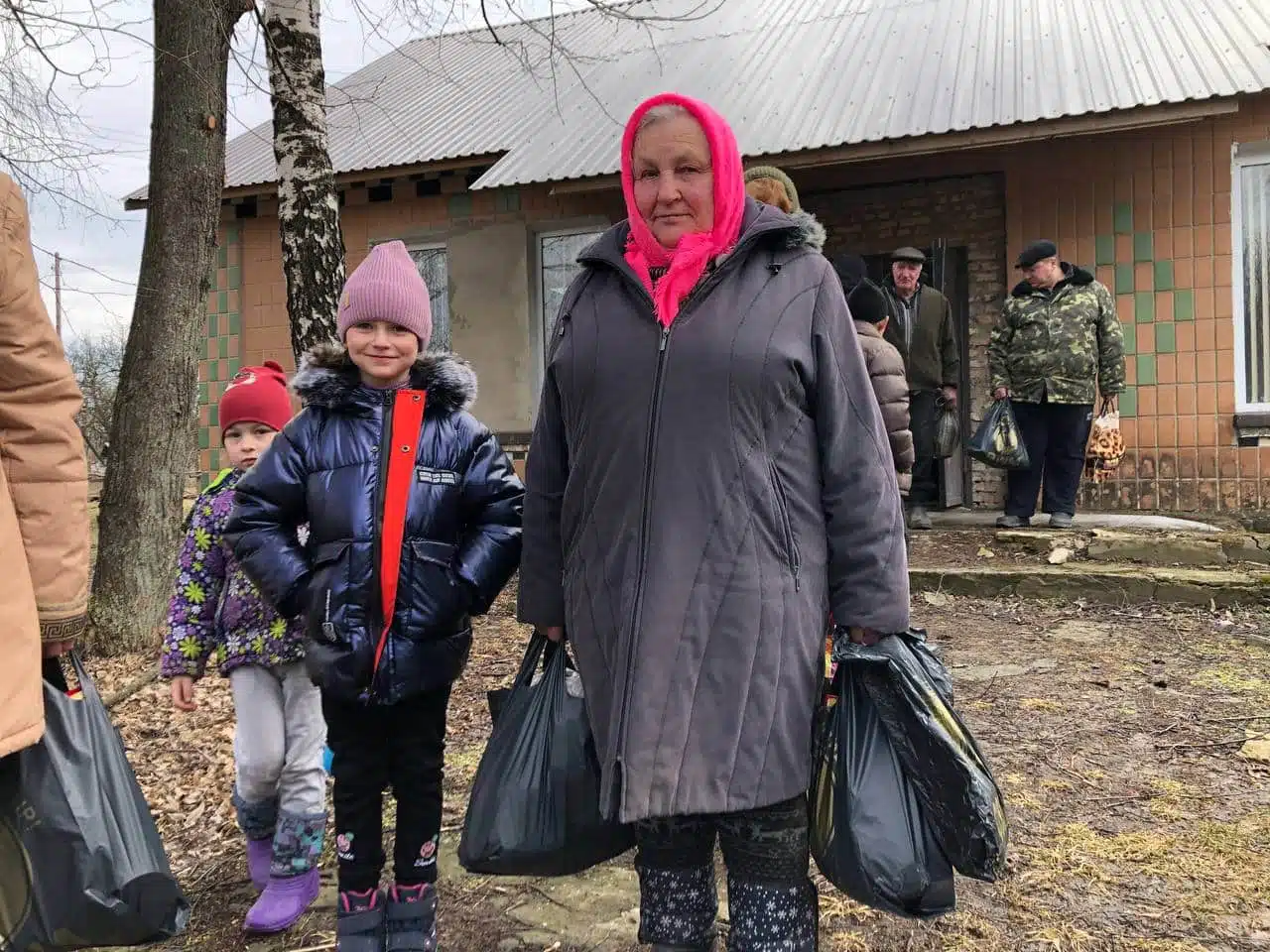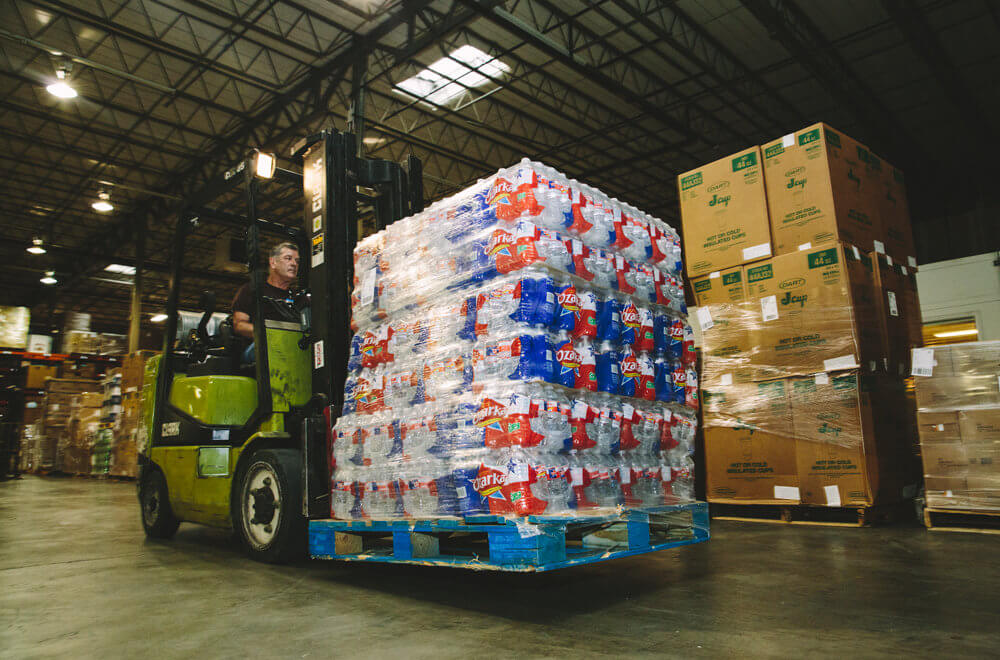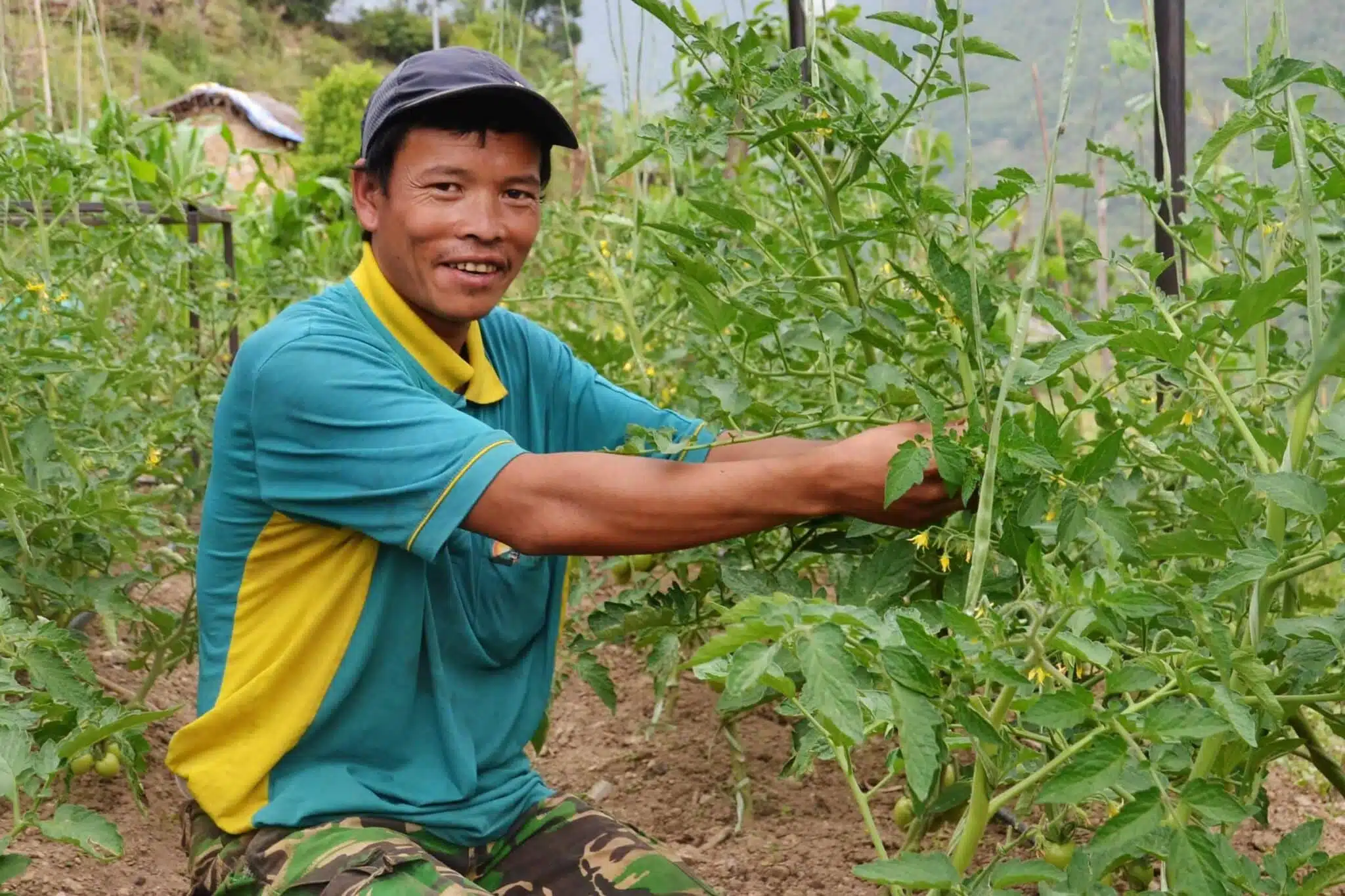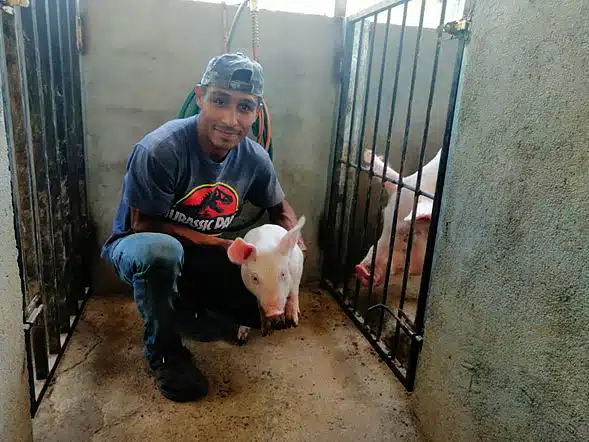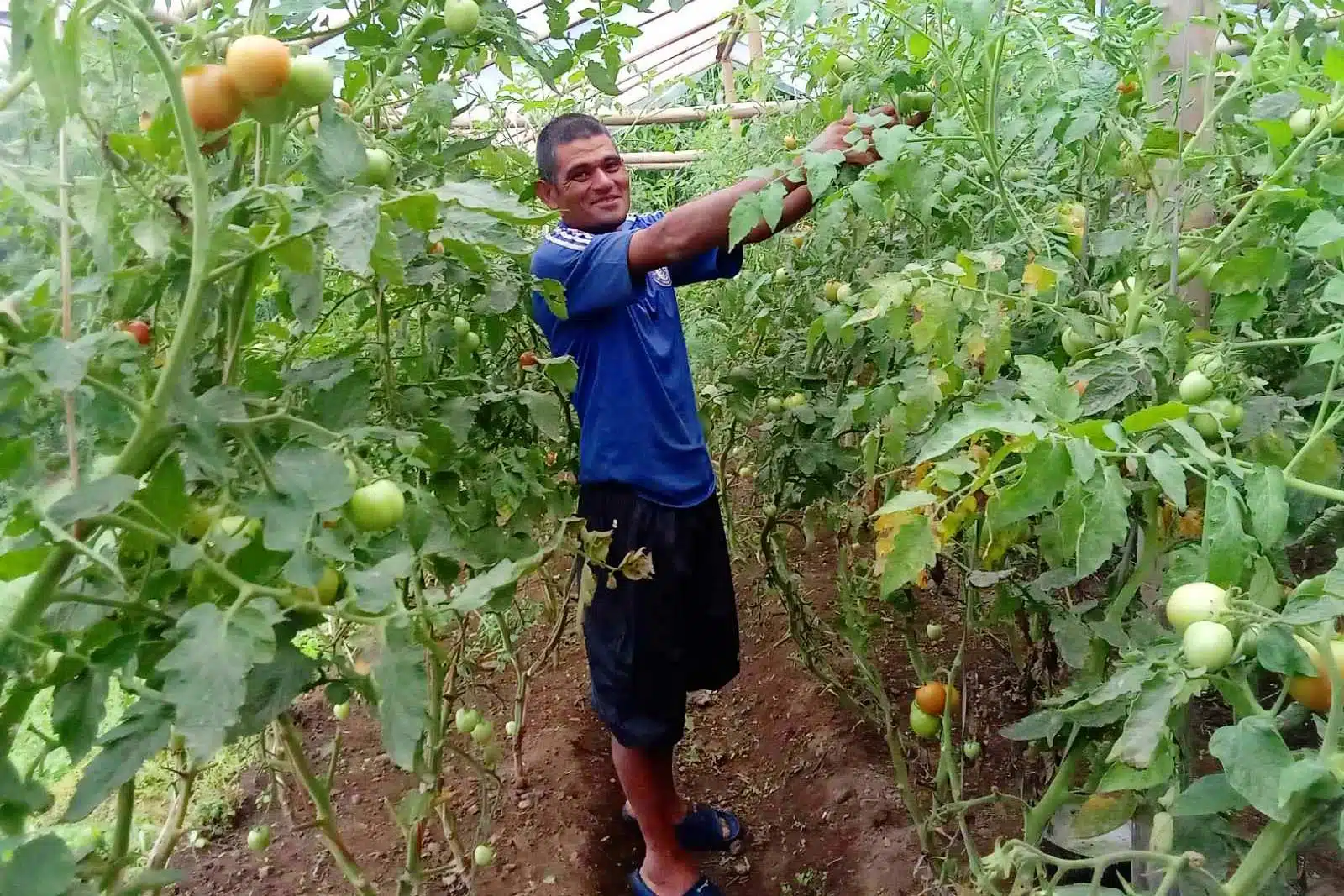USAID’s Farmer-to-Farmer Program & Convoy Sow Generational Change
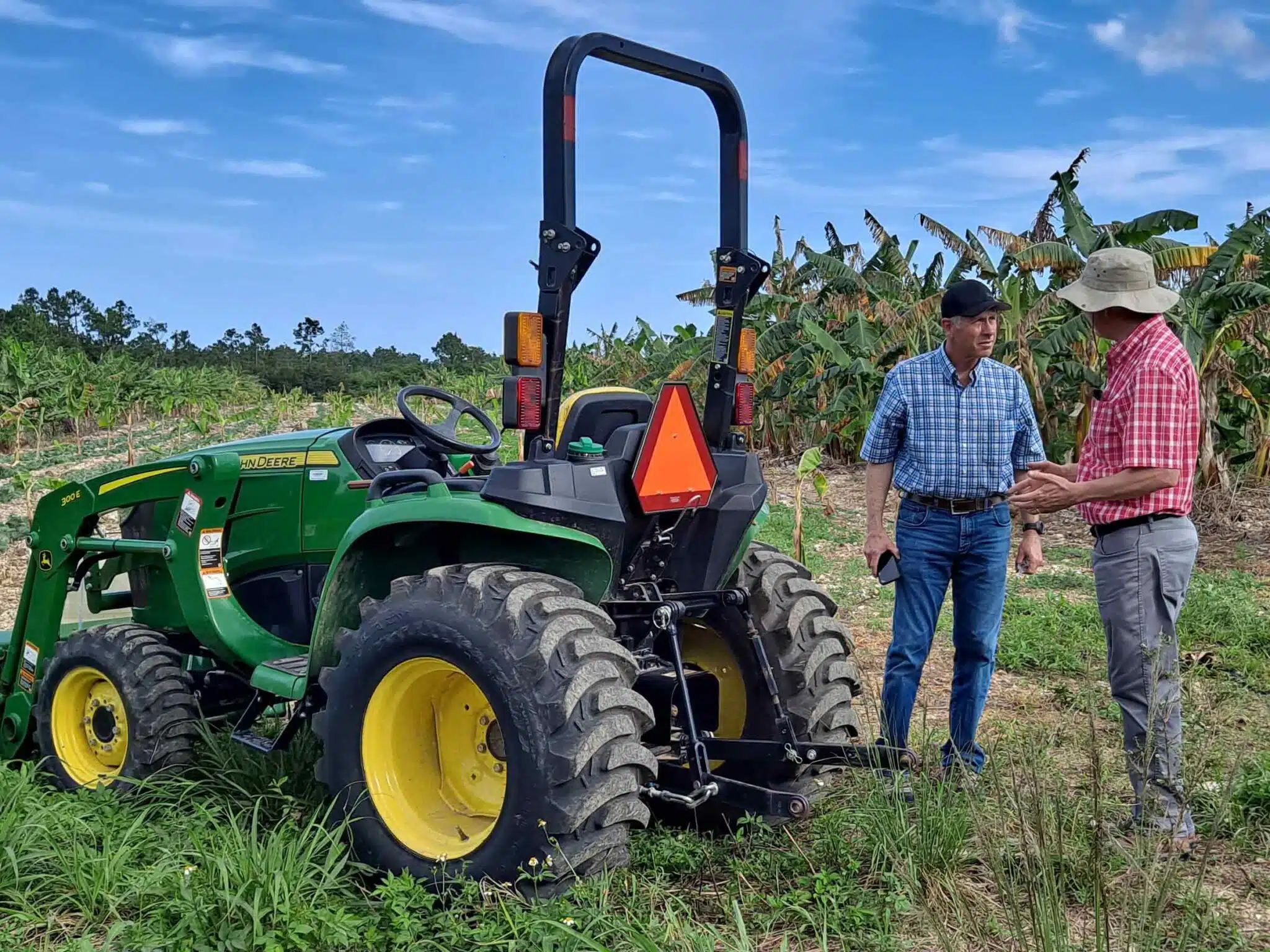
Convoy of Hope and the United States Agency for International Development (USAID) have been working together to bring food security and independence to the Bahamas in the aftermath of 2019’s Hurricane Dorian. In partnership with the University of Missouri, USAID and Convoy are creating lasting change beyond disaster relief through agriculture.
A Growing Problem
Hurricane Dorian exacerbated an already present need in the Bahamas. A study in 2022 found that the country imports nearly 90% of their food, meaning most Bahamians are reliant upon imports for their food supply. If these imports were cut off, the country’s food supply would dwindle within days.


That was exactly what happened after Dorian struck. Grocery store shelves quickly emptied, and residents didn’t know where their next meal would come from.
Convoy responded quickly after Dorian by providing relief supplies, generators, and assistance with debris removal and rebuilding efforts. But since the initial response, Convoy’s presence in the Bahamas has continued in a different form — agriculture.
Change Through Partnership
Through Convoy’s Agriculture initiative, specialists teach production methods that encourage sustainable practices. Instead of relying on outside sources for food, residents can learn how to supplement their meals with food grown in their backyards and on local plots of land.
Convoy also believes in the power of partnership. And since USAID’s Farmer-to-Farmer program provides training over topics like soil preparation, weed control, pest management, cultivation, and harvesting, a partnership working in the Bahamas was a perfect match.

Along with the experts at University of Missouri, Convoy and USAID sent agriculture specialists to the Bahamas to work with local farmers and improve their practices. The Farmer-to-Farmer project involved nine volunteer trips with two specialist volunteers on each trip. The specialists attended meetings with each division of the Ministry of Agriculture as well as Bahamian Farmers’ Co-operatives. These meetings allowed the specialists to learn directly from Bahamians on their agriculture history, practices, and needs.
Specialists conducted at least two seminars on each of the three islands where the program took place, which were all geared toward their target audience — commercial farmers or backyard gardeners. The seminars included training, time dedicated for questions, and field visits to the local farms.
They covered a variety of topics, such as soil testing, crop rotation, cultivating nutritious crops, weed and pest management, food safety, food preservation, and more.
Incredible Results
Overall, Convoy and USAID held more than 100 seminars and 50 field visits for more than 1,100 attendants. In March, Convoy held a graduation ceremony for 157 participants of the program. Incredibly, each of them has since started or expanded their own garden or commercial farm.
One of the graduates was a woman named Sylvia. She was so inspired and motivated by the program that she started growing so many different fruits and vegetables in pots, buckets, and the ground that she is running out of space in her yard.
“Farmers like [Sylvia] are using upcycled trash left over from Hurricane Dorian’s damage, such as concrete blocks from old buildings and wood from downed trees, and transforming it into supplies for growing produce,” said Ryan Forbes, the lead consultant. “By using the resources available to them, as well as the knowledge gained from Farmer-to-Farmer training, Bahamians are implementing sustainable agriculture practices for themselves and their community.”
The Bahamas is a powerful example of the generational change that can take root through agriculture, even in the wake of a terrible disaster. To help Convoy of Hope train and equip farmers all over the world, you can donate to Convoy’s Agriculture initiative.
